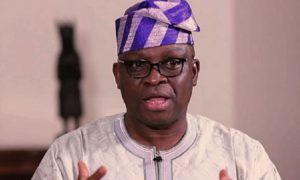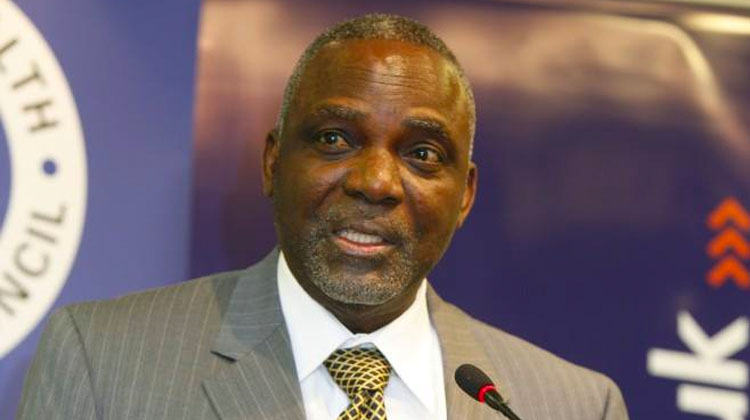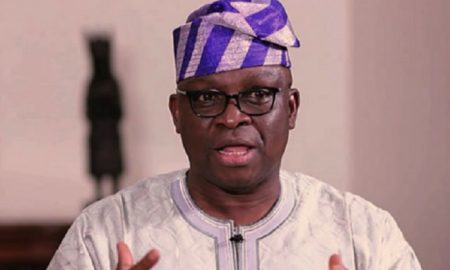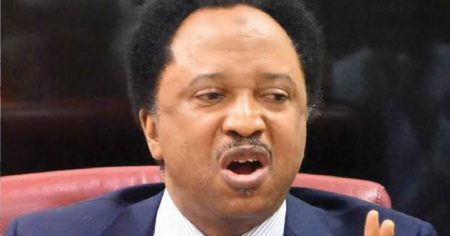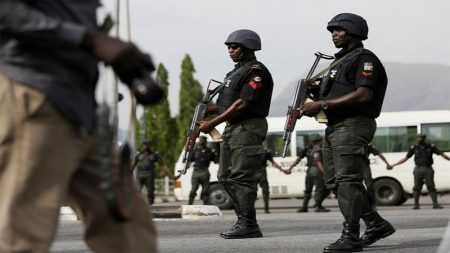Nigeria, despite boasting some of the largest natural gas reserves in the world, continues to grapple with a chronic electricity deficit. This stark paradox, highlighted by former Minister of Power, Prof. Bart Nnaji, underscores a complex web of challenges hindering the nation’s ability to harness its abundant resources for the benefit of its citizens. The country’s power sector struggles under the weight of inadequate infrastructure, insufficient investment, policy inconsistencies, and systemic inefficiencies. While the potential for gas-fired power generation is immense, a myriad of bottlenecks prevents its realization, leaving millions of Nigerians in darkness and hindering economic growth. This persistent power crisis has far-reaching consequences, impacting everything from household livelihoods to industrial productivity, and fueling social unrest.
The crux of Nigeria’s power predicament lies in the disconnect between resource availability and utilization. While the nation possesses proven gas reserves estimated at over 200 trillion cubic feet, a significant portion remains untapped or flared, a wasteful practice that not only deprives the country of valuable energy resources but also contributes to environmental degradation. The challenges in harnessing this gas for power generation are multifaceted, ranging from inadequate gas processing and transportation infrastructure to insufficient investment in power plants. The existing gas pipelines are often plagued by vandalism and sabotage, disrupting supply and further exacerbating the power crisis. Furthermore, the pricing structure for gas has historically been a contentious issue, with disagreements between gas producers and power generators hindering the smooth flow of gas to power plants.
Complicating the situation further is the dilapidated state of Nigeria’s power transmission and distribution network. Years of underinvestment and inadequate maintenance have left the grid in a precarious state, characterized by frequent collapses and significant transmission losses. This outdated infrastructure struggles to efficiently deliver the limited power generated to consumers, resulting in widespread load shedding and blackouts. The inefficient distribution system also contributes to high levels of technical and commercial losses, which further undermine the financial viability of the power sector and discourage private investment. Addressing these infrastructure deficiencies requires substantial capital investment and a comprehensive overhaul of the transmission and distribution network.
Beyond infrastructural challenges, policy inconsistencies and regulatory uncertainty have also hampered the development of the power sector. Frequent changes in government policies and regulations create an unpredictable investment environment, deterring both domestic and foreign investors. The lack of a stable and transparent regulatory framework hinders long-term planning and discourages the private sector from participating fully in the power sector. Furthermore, issues of corruption and a lack of accountability within the sector have further eroded investor confidence and exacerbated the power crisis. Establishing a clear and consistent regulatory framework, coupled with strong anti-corruption measures, is crucial for attracting the necessary investment to revitalize the power sector.
The social and economic consequences of Nigeria’s persistent power shortage are profound. For households, the lack of reliable electricity access limits opportunities for education, healthcare, and economic advancement. Businesses, particularly small and medium-sized enterprises, struggle to operate efficiently and competitively, hindering economic growth and job creation. Industries are forced to rely on expensive and polluting diesel generators, adding to their operational costs and contributing to environmental pollution. The power crisis also has wider societal implications, fueling social unrest and exacerbating inequalities.
Addressing Nigeria’s power deficit requires a comprehensive and sustained effort across multiple fronts. This includes investing heavily in gas infrastructure, upgrading the transmission and distribution network, and creating a stable and transparent regulatory environment that encourages private sector participation. Promoting energy efficiency measures and exploring alternative energy sources, such as solar and wind power, can also play a significant role in diversifying the energy mix and reducing reliance on gas. Furthermore, tackling corruption and promoting accountability within the sector is crucial for ensuring that investments are utilized effectively and that the benefits of improved power supply reach all Nigerians. Ultimately, resolving Nigeria’s power crisis requires a concerted effort from all stakeholders, including government, private sector, and civil society, to unlock the nation’s vast energy potential and illuminate the path towards sustainable development.


